Sci fi movies with a unique edge
Looking for science fiction that steps off the beaten path? Dive into a selection of films known for their distinctive style, unconventional themes, and memorable worlds.
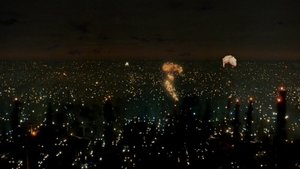
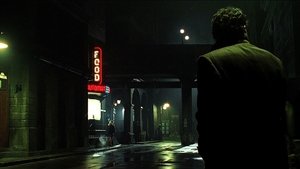

Science fiction offers boundless possibilities, but some films dare to explore the fringes, presenting futures and technologies that are less polished and often more challenging.
This corner of sci-fi cinema isn't always about sleek starships or heroic battles. Instead, it often delves into dystopian societies, the darker sides of technological advancement, or simply revels in creating worlds with a truly unique, sometimes grimy or eccentric, aesthetic.
Consider the rain-soaked, neon-drenched streets of a future Los Angeles that redefined visual style, or bureaucratic nightmares that feel strangely familiar. These films often push boundaries, blending genres and offering sharp social commentary alongside their speculative elements. They might feature anti-heroes, morally ambiguous situations, or visuals that are deliberately unsettling or off-kilter, leaving a lasting impression long after the credits roll. It's sci-fi that isn't afraid to be weird, thought-provoking, or just plain cool in its own unconventional way.
14. A.I. Artificial Intelligence (2001)
Steven Spielberg's A.I. Artificial Intelligence, based on a project originally developed by Stanley Kubrick, is a poignant and visually stunning science fiction drama from 2001. The film tells the story of David (Haley Joel Osment), a childlike android uniquely programmed with the ability to love, who is adopted by a human family.
When circumstances force him out, David embarks on a quest to find the Blue Fairy, believing she can turn him into a real boy and win back his mother's love. The film blends Spielberg's sense of wonder and emotional storytelling with Kubrick's darker, more complex themes, exploring love, loss, and what it means to be truly alive. It's a visually ambitious film with a performance from Osment that is both innocent and heartbreaking.
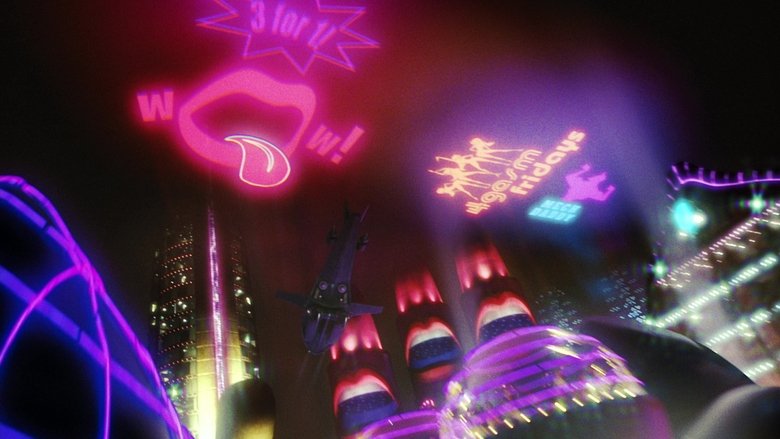
13. Inception (2010)
Christopher Nolan's Inception is a high-concept science fiction action film from 2010 that explores the possibility of entering and manipulating dreams. Leonardo DiCaprio stars as Dom Cobb, a skilled thief who specializes in extracting information from people's subconscious during the dream state, who is given the inverse task: planting an idea in someone's mind.
The film is renowned for its complex narrative structure, stunning visual effects (particularly the folding cityscapes and zero-gravity fights), and intricate world-building within the dream layers. It's a puzzle-box thriller that requires attention but rewards viewers with a thrilling and intellectually stimulating ride. The score by Hans Zimmer is also a major contributor to its intense atmosphere.

12. Brazil (1985)
Terry Gilliam's Brazil is a dystopian black comedy released in 1985 that presents a nightmarish, bureaucratic future. Inspired by George Orwell's Nineteen Eighty-Four, the film follows Sam Lowry (Jonathan Pryce), a low-level government employee who tries to correct a bureaucratic error and finds himself entangled in a surreal, Kafkaesque struggle against the system.
Gilliam's distinctive visual style is on full display, creating a cluttered, inefficient, and visually overwhelming world. The film blends dark humor with moments of terrifying absurdity, exploring themes of escapism, technology, and the dehumanizing nature of bureaucracy. Its troubled production history and battle over the final cut are legendary in film circles. It's a challenging but rewarding film that remains a cult favorite for its unique vision.

11. Ex Machina (2015)
Ex Machina, the directorial debut of Alex Garland, is a sophisticated and tense sci-fi thriller from 2015 that delves into the nature of consciousness and artificial intelligence. The film centers on Caleb (Domhnall Gleeson), a young programmer invited by his reclusive CEO (Oscar Isaac) to administer the Turing test to a humanoid AI named Ava (Alicia Vikander).
Set almost entirely within the confines of the CEO's isolated, futuristic home, the film relies heavily on sharp dialogue and strong performances to build its suspense. It's a chamber piece that poses fascinating philosophical questions about technology, deception, and what it truly means to be human. The minimalist aesthetic and focused narrative create a claustrophobic and intellectually stimulating experience.

10. Sorry to Bother You (2018)
Boots Riley's directorial debut, Sorry to Bother You, is a wildly original and surreal dark comedy with significant sci-fi elements, released in 2018. Set in an alternate reality Oakland, it follows Cassius 'Cash' Green (Lakeith Stanfield), a young Black man who discovers a magical key to telemarketing success: using a 'white voice.'
What starts as a satirical look at capitalism and corporate culture takes increasingly bizarre and unexpected turns, pushing the boundaries of reality and genre. The film isn't afraid to get weird and confrontational, tackling complex social issues with a unique blend of humor, absurdity, and genuine insight. It's a truly singular cinematic experience that defies easy categorization.

9. District 9 (2009)
District 9, directed by Neill Blomkamp, is a unique and impactful sci-fi film from 2009 that uses its extraterrestrial premise to explore real-world themes of segregation and xenophobia. Shot in a mockumentary style for much of its runtime, the film follows Wikus van der Merwe (Sharlto Copley), a bureaucrat tasked with relocating a race of alien refugees, known as 'Prawns,' who have been stranded on Earth and confined to a slum in Johannesburg.
The film's strength lies in its grounded, realistic approach to a fantastical scenario and Copley's dynamic performance as Wikus undergoes a shocking transformation. The visual effects for the aliens and their technology are seamlessly integrated, making the sci-fi elements feel incredibly tangible. It's a thought-provoking and action-packed film that stands out for its social commentary and unique blend of styles.
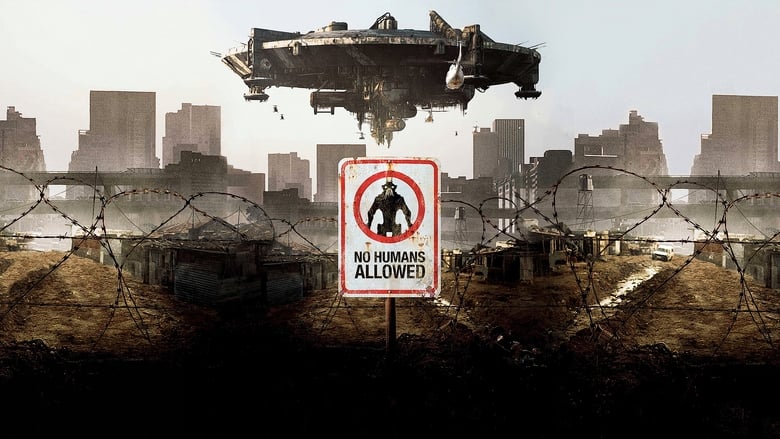
8. Looper (2012)
Looper, directed by Rian Johnson, is a clever time-travel thriller released in 2012. It presents a future where time travel exists but is illegal and used primarily by criminal organizations to dispose of bodies by sending victims back in time to be killed by 'loopers' – assassins like Joe (Joseph Gordon-Levitt), whose future self (Bruce Willis) is eventually sent back for him to kill.
The film grapples with complex paradoxes and moral questions inherent in its premise, focusing on the difficult choices characters face when confronted with their past or future selves. It's a well-crafted story with solid action and thought-provoking ideas, grounded by strong performances from its leads. The use of prosthetics to make Gordon-Levitt resemble a young Bruce Willis is also a notable detail.

7. Snowpiercer (2013)
Bong Joon-ho's first English-language film, Snowpiercer, is a gritty, allegorical sci-fi thriller set entirely on a train that circles a frozen post-apocalyptic Earth. Released in 2013, it depicts a rigid class system where the impoverished live in squalor at the tail end of the train, while the elite inhabit the luxurious front cars.
The film follows Curtis (Chris Evans) as he leads a revolt from the tail section, fighting car by car towards the engine. It's a brutal, intense journey that explores social inequality, survival, and rebellion within a confined, kinetic setting. The train itself becomes a microcosm of society, with each car presenting a new, often bizarre, challenge. It's a smart, well-paced action film with strong performances and a compelling, dark vision of humanity's future.
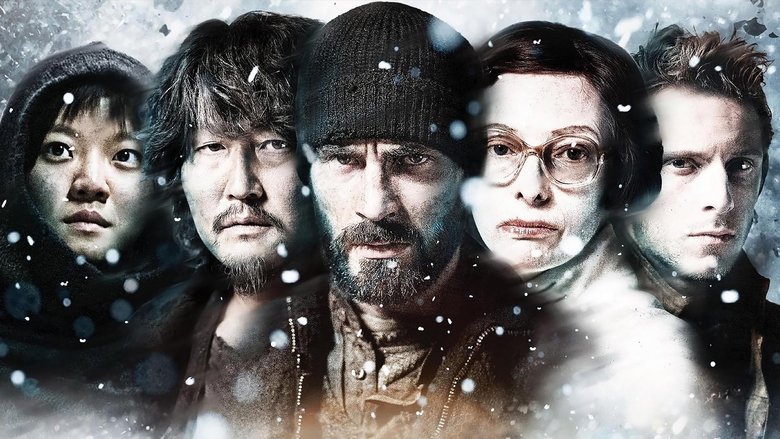
6. Equilibrium (2002)
Equilibrium is a stylish action sci-fi film from 2002 that, while often compared to The Matrix, carves out its own distinct identity. Set in a future society where emotions are suppressed by drugs to prevent war, the film follows John Preston (Christian Bale), an enforcer who begins to question the system he serves.
Its most notable feature is the introduction of 'Gun Kata,' a fictional martial art combining gun fighting with close combat, designed for maximum efficiency in disarming and killing opponents. The action sequences are highly stylized and unique. Beyond the action, the film explores themes of conformity, emotion, and authoritarianism. It's a visually slick and engaging dystopian story with a committed performance from Bale.

5. The Fifth Element (1997)
Luc Besson's The Fifth Element is a wonderfully over-the-top, colourful space opera that doesn't take itself too seriously. Released in 1997, it stars Bruce Willis as Korben Dallas, a jaded taxi driver in the 23rd century who suddenly finds himself protecting Leeloo (Milla Jovovich), a mysterious young woman who holds the key to saving the universe from an ancient evil.
This movie is pure spectacle, boasting incredible production design by Jean-Claude Mézières and Jean Giraud (Moebius), giving it a truly unique visual flair. The costumes by Jean Paul Gaultier are equally outrageous and iconic. It's got action, comedy, romance, and a host of eccentric characters, including Gary Oldman as the villain Zorg and Chris Tucker as the flamboyant radio host Ruby Rhod. It's a wild ride through a wonderfully imaginative future world.

4. Dark City (1998)
Dark City is a brooding, atmospheric sci-fi noir that feels like a waking nightmare. Directed by Alex Proyas, this 1998 film presents a protagonist, John Murdoch (Rufus Sewell), who wakes up with amnesia in a city where the sun never shines and reality is manipulated by mysterious beings known as the Strangers.
The film's production design is absolutely stunning, creating a timeless, oppressive urban landscape that feels both futuristic and strangely anachronistic. It's a puzzle box of a movie, constantly shifting and revealing new layers as Murdoch tries to uncover the truth about his identity and the nature of the city itself. Roger Ebert famously championed this film, even providing commentary on one of its home video releases. If you appreciate stylish, mind-bending science fiction with a strong sense of mystery and a genuinely unique look, Dark City is a hidden gem worth discovering.

3. Blade Runner (1982)
While not strictly 'sleazy,' Blade Runner is the quintessential cyberpunk noir that captures a gritty, rain-soaked future city with unparalleled atmosphere. Ridley Scott's 1982 masterpiece, loosely based on Philip K. Dick's novel Do Androids Dream of Electric Sheep?, follows Rick Deckard (Harrison Ford), a retired cop called back to hunt down rogue synthetic humans known as replicants.
The film's influence on science fiction cinema is immeasurable, setting the standard for dystopian aesthetics with its towering, cluttered cityscapes, perpetual darkness, and blend of advanced technology with urban decay. Vangelis's haunting score is just as iconic as the visuals. It's a film that poses deep philosophical questions about identity, humanity, and consciousness, all wrapped in a detective story that moves through the dark underbelly of its future world. It's a mood piece, a visual poem, and a cornerstone of the genre that continues to spark debate and admiration.

2. Upgrade (2018)
Upgrade delivers a visceral punch! This 2018 sci-fi action-thriller from writer-director Leigh Whannell (known for his work on Saw and Insidious) takes a seemingly simple premise – a man gets an AI implant after a brutal attack – and cranks it up to eleven with intense, almost balletic action sequences and a deliciously dark tone.
Logan Marshall-Green stars as Grey Trace, a technophobe who suddenly finds himself with enhanced physical abilities thanks to the AI chip, STEM. What makes this film stand out is its unique fight choreography, where Grey's body is controlled by STEM, leading to stiff, precise, and incredibly brutal movements. It feels raw and grounded, despite the futuristic tech. It's a tight, lean narrative that doesn't waste a moment, blending elements of cyberpunk, body horror, and revenge flicks into something truly compelling and yes, delightfully gritty and exploitation-adjacent.
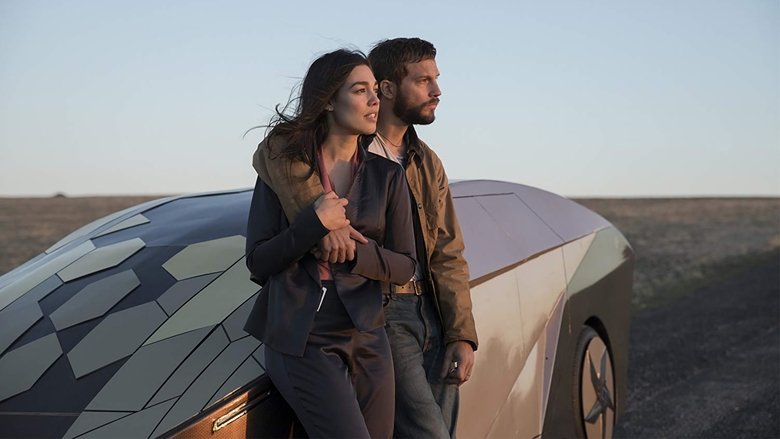
1. Barbarella (1968)
Get ready for a cosmic trip! Barbarella isn't just a movie, it's a full-blown psychedelic experience from 1968 that perfectly embodies the wild, imaginative spirit of pulp sci-fi. Starring a stunning Jane Fonda as the titular space agent, tasked with finding a missing scientist, this film dives headfirst into a universe filled with bizarre aliens, futuristic gadgets, and levels of sensuality that were quite daring for its time.
Directed by Roger Vadim, who was married to Fonda at the time, the film is based on the French comic series. It's less about hard science and more about exploring fantastical scenarios and playful, often suggestive, encounters. The visual style is absolutely unique, with elaborate sets and costumes that feel like they jumped straight off a comic book page. It's campy, it's quirky, and it fully embraces its own absurdity. If you're looking for serious, grounded sci-fi, this isn't it. But if you want a fun, visually audacious adventure through a truly unique space fantasy world, Barbarella is an absolute must-watch cult classic.

